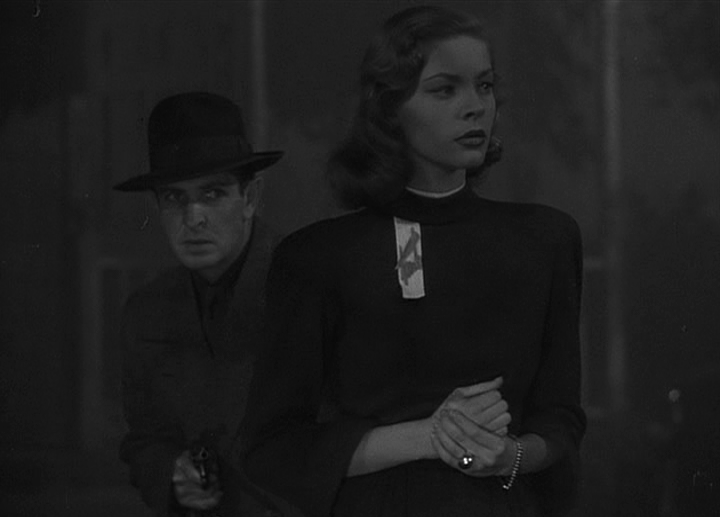Liberalism and the Detective Novel
For a classic statement of liberal political philosophy, we can look to the Preamble to the Declaration of Independence:
“We hold these truths to be self-evident, that all men are created equal, that they are endowed by their Creator with certain unalienable Rights, that among these are Life, Liberty and the pursuit of Happiness.–That to secure these rights, Governments are instituted among Men, deriving their just powers from the consent of the governed, –That whenever any Form of Government becomes destructive of these ends, it is the Right of the People to alter or to abolish it, and to institute new Government, laying its foundation on such principles and organizing its powers in such form, as to them shall seem most likely to effect their Safety and Happiness.”
The statement reflects the central ideas motivating eighteenth century political liberalism:
- The sanctity and value of the individual;
- The existence of a realm of freedom onto which the government should not intrude save to protect the individual from harm.
Any form of government in the liberal tradition would depend upon the consent of the people to be governed. But this raises the important question:
“If the social order is grounded by no inherited beliefs or religious truths but only by the abstract rules that people give themselves, why should individuals submit to laws with which they may disagree? What can hold a society of individuals together as individuals and how can it overcome the competing forces that threaten such an order—such forces, that is, as the ties of blood, family, ethnicity; or the uncontrolled passions, unchecked desires, and unconstrained power that threaten this system.” (Sean McCann, Gumshoe America: Hard-Boiled Crime Fiction and the Rise and Fall of New Deal Liberalism [Duke University Press, 2000] p.7 )
Arguably, the answer is the individual’s rational self-interest; your average citizen believes it is in his/her best interest to accept the minimal demands of civility, responsiblity, and self-control to keep the system functioning. But … people are not always so rational.
One of the (many) things that detective fiction does is illustrate these central dilemmas: what holds us together? how do we stay together? what threatens to tear us apart?
The detective becomes a figure who negotiates not only between conflicting self-interests, but also between the citizen and the state, in the form of the police.
